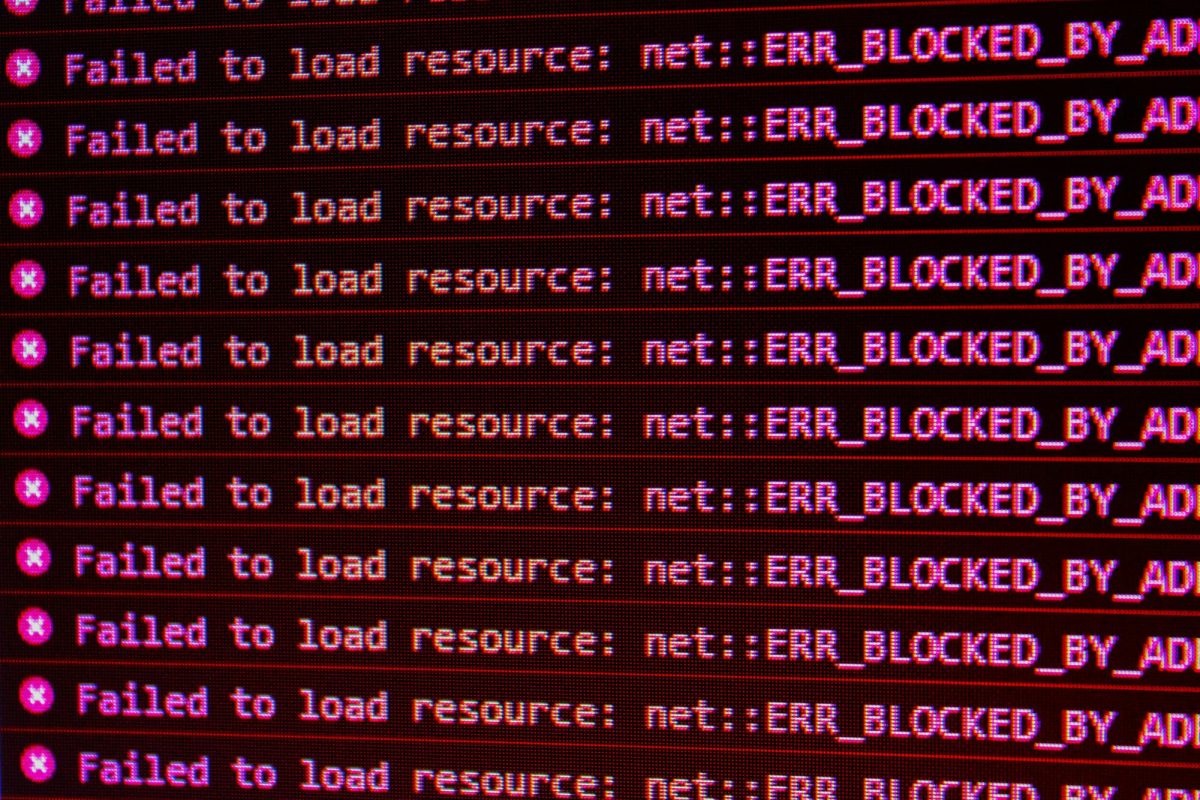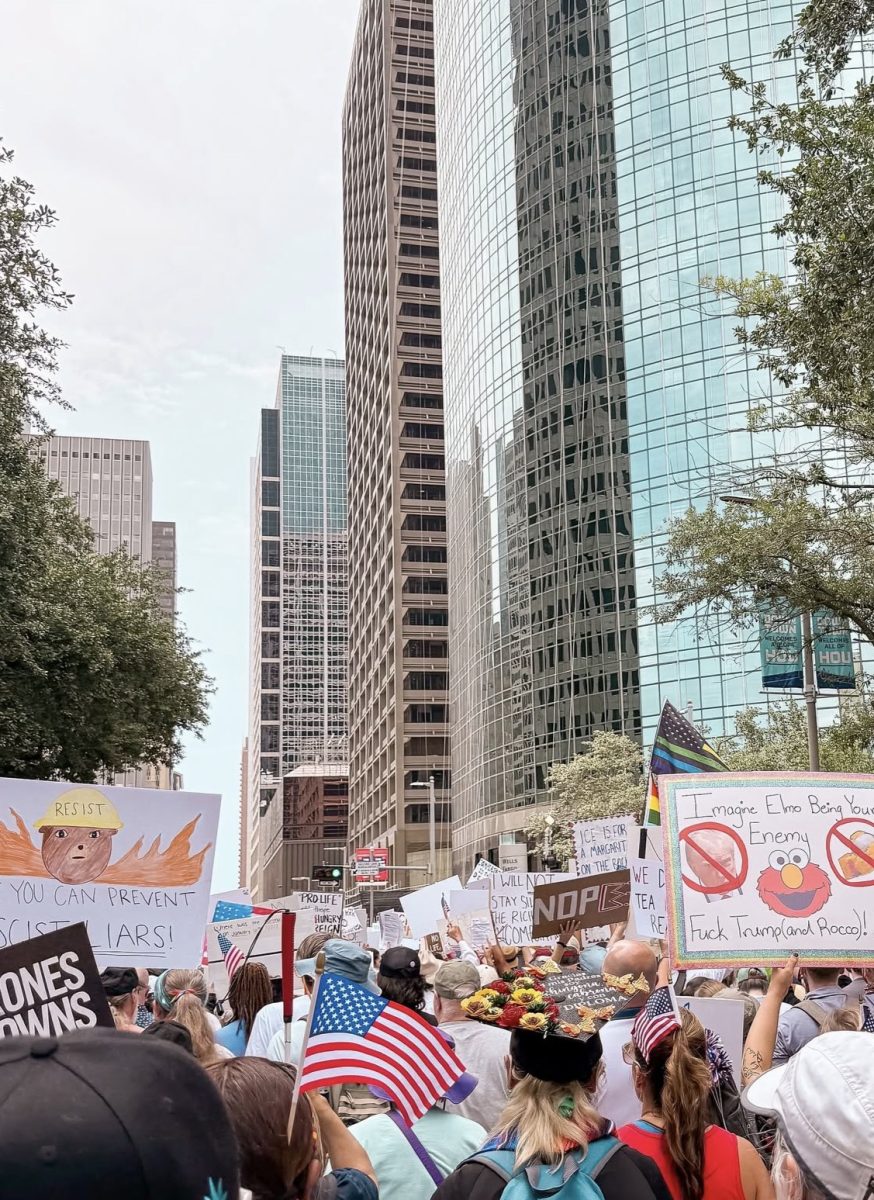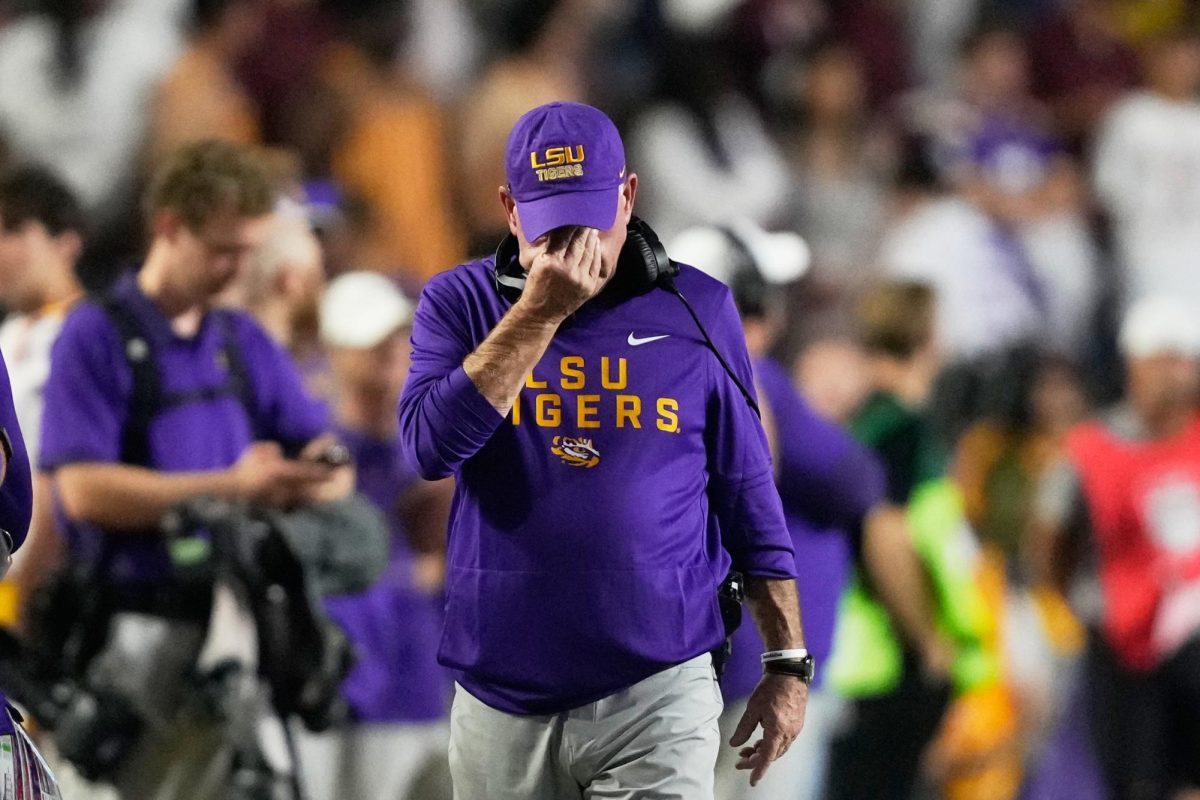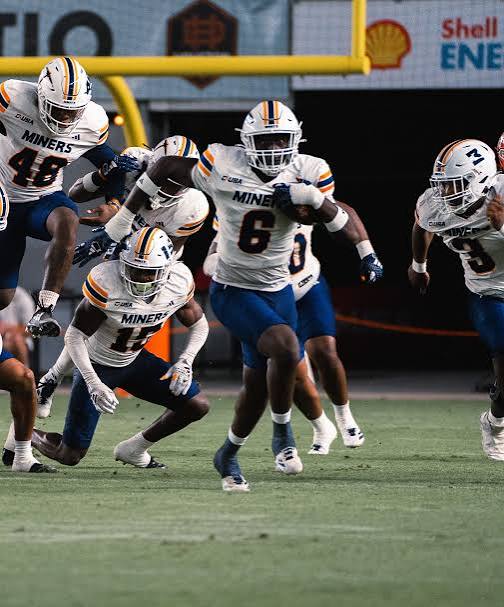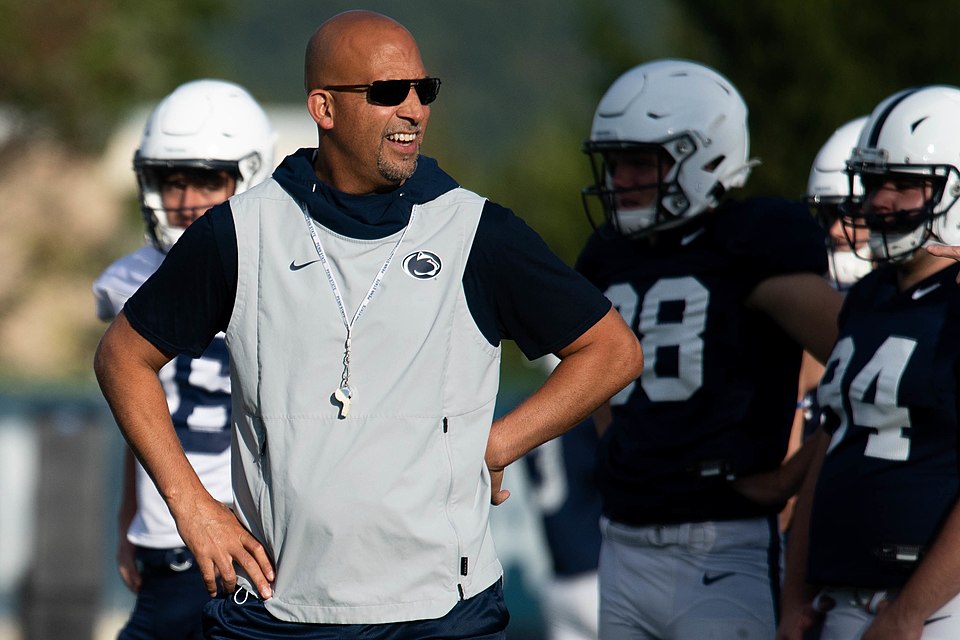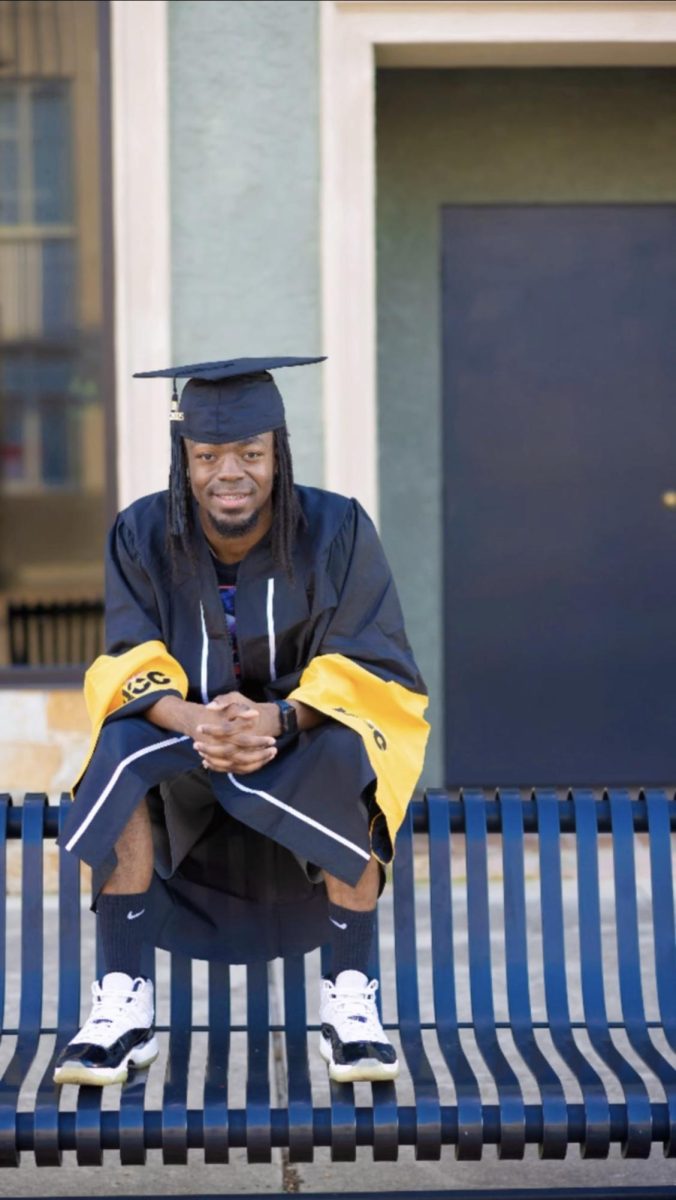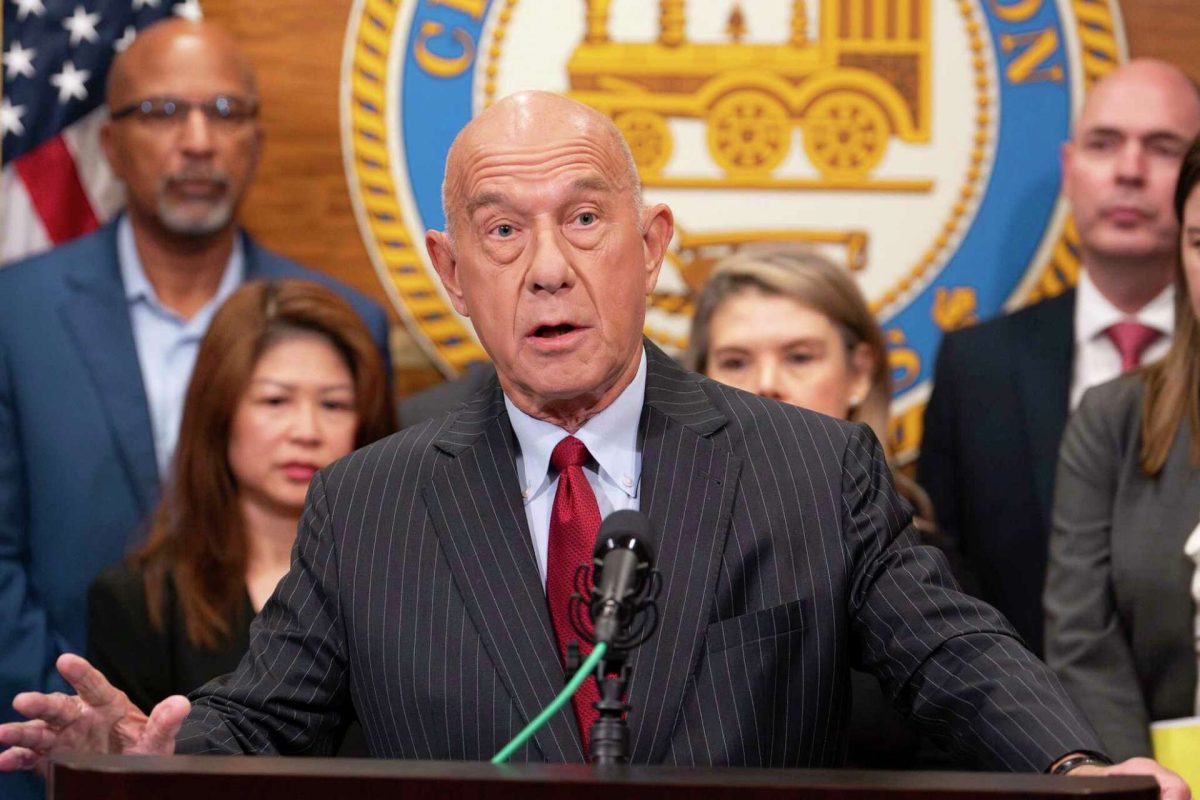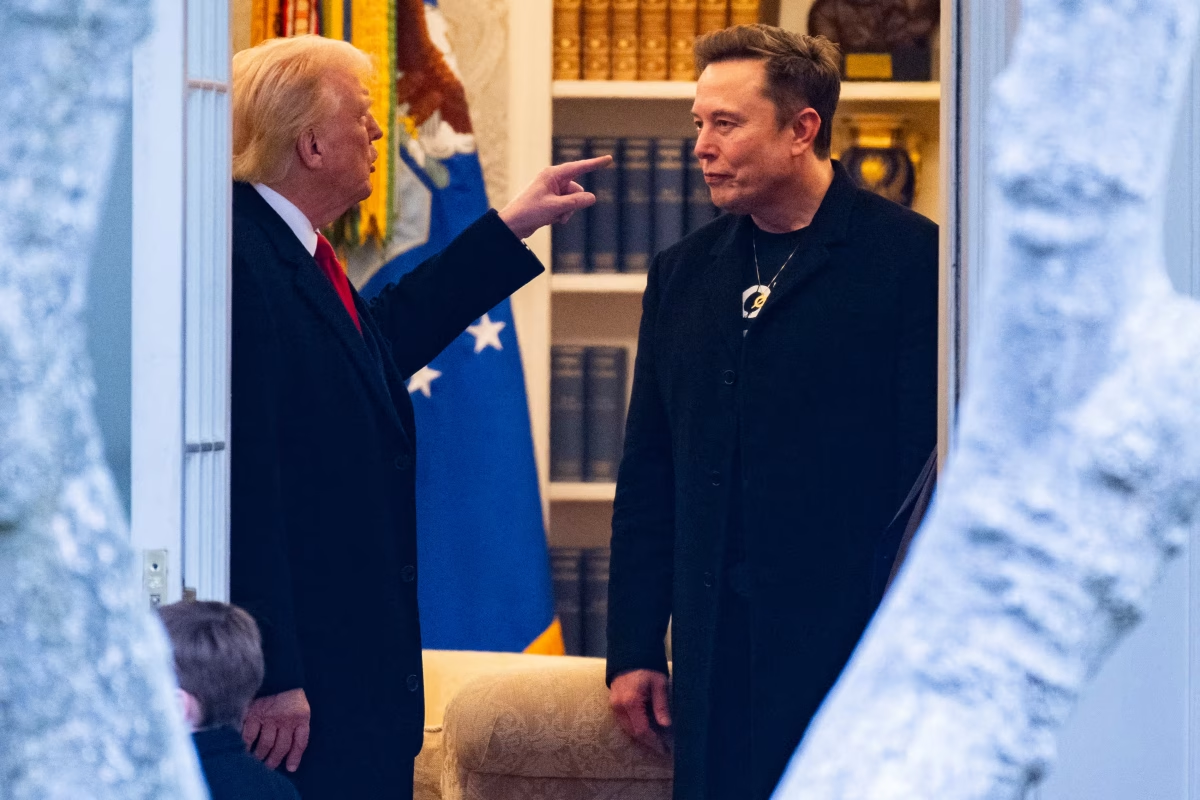
Last month, Missouri state decided to execute inmate Marcellus Williams after being convicted in the 1988 killing of Lisha Gayle, who was stabbed in her suburban home.
Despite providing DNA evidence and William’s attorneys raising questions over jury elections at his trial, the evidence was thrown out the window, and proceeded to execute an innocent man.
“It is an irreversible punishment that carries a high risk of executing innocent people,” Lila Hollin, who is in the communications department in Houston, shared her thoughts on this case and whether the death penalty should be banned. “Numerous studies show racial, socioeconomic, and geographical biases in death penalty cases that the system disproportionately affects marginalized communities.”
Although the victim’s family opposed William’s execution, the Missouri Attorney General, Andrew Bailey, continued to rule the execution.
His jury consisted of 11 white jurors and only one Black juror. The prosecutor, known for racially biased jury selection, used peremptory challenges to remove six out of seven qualified Black jurors.
“Legal systems must address systemic biases by implementing comprehensive reforms.” Hollin further demonstrates how jurors should be aware of the injustices being held. Regardless of the economic status, the juries should be more diverse and representative by providing enough evidence.
Death penalty should not exist because it violates human rights, it is discriminatory, and it is an irreversible punishment. It fails as a deterrent and risks the gravest injustice by killing an innocent person.

